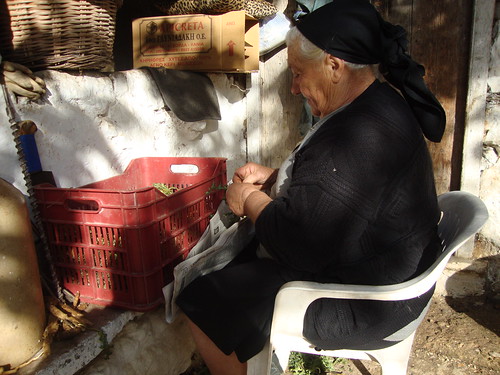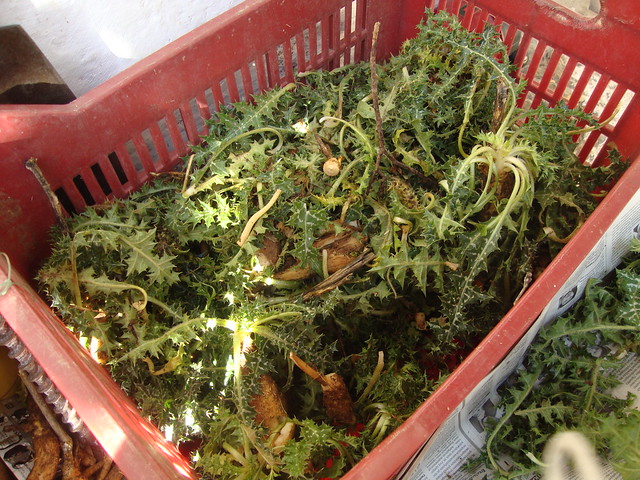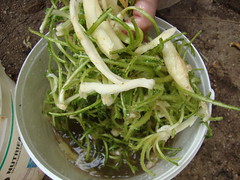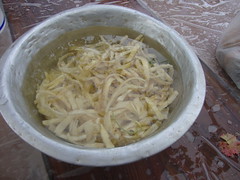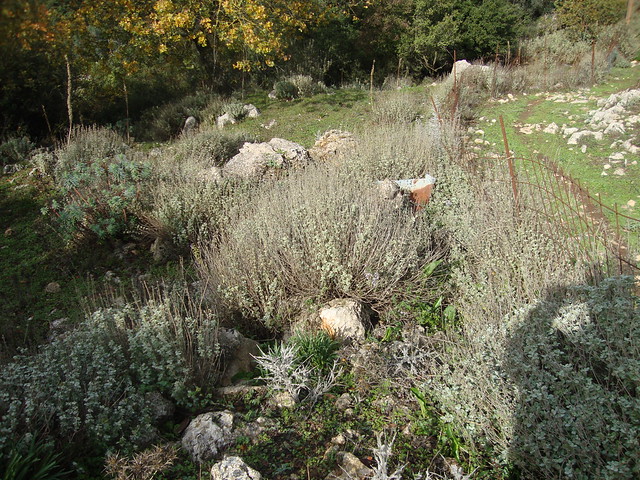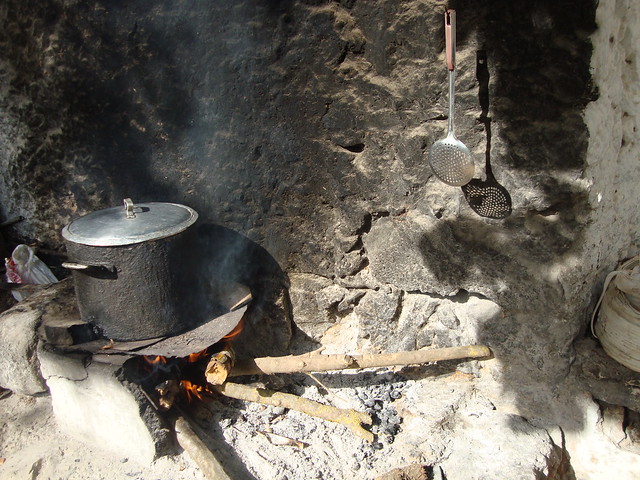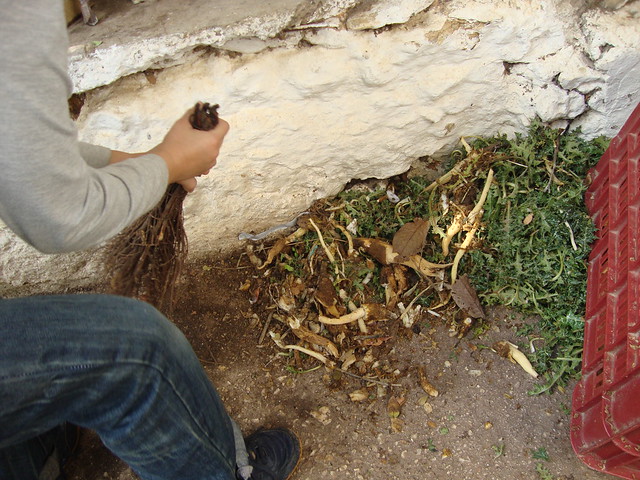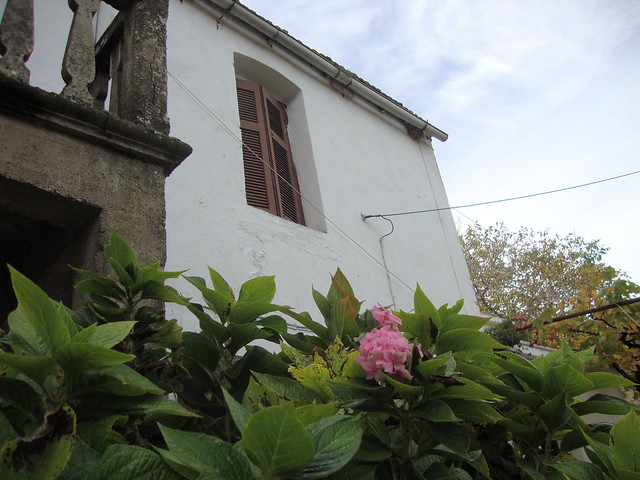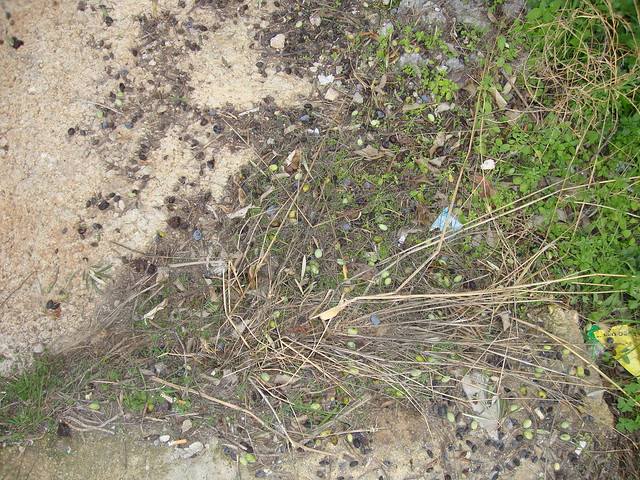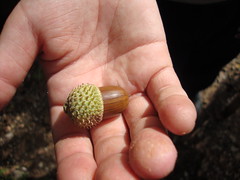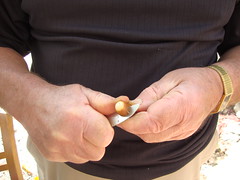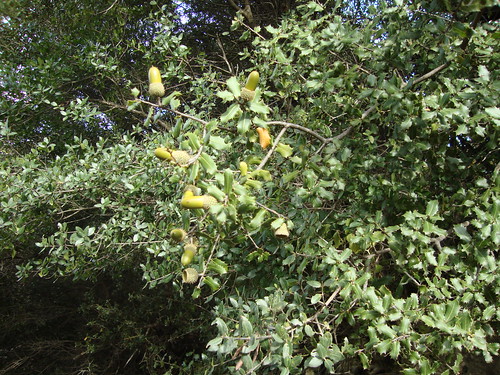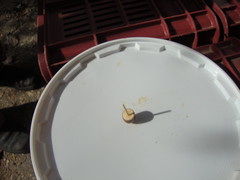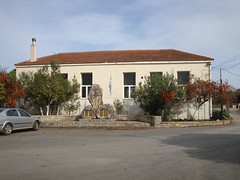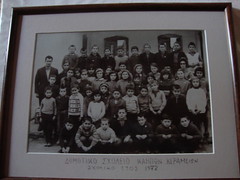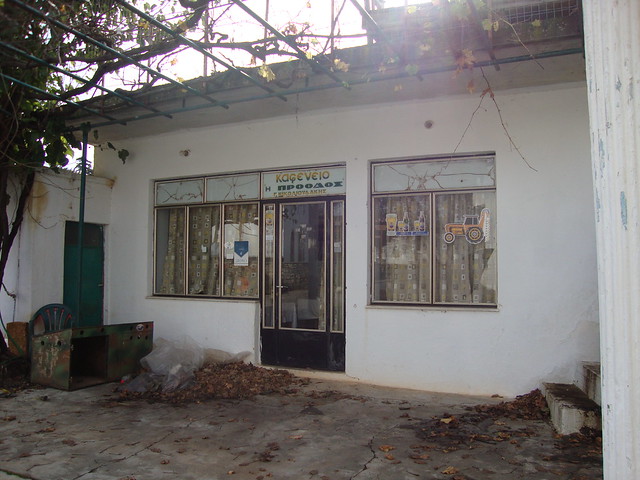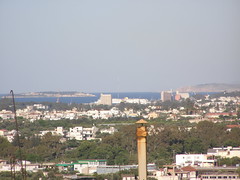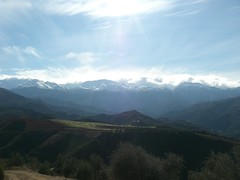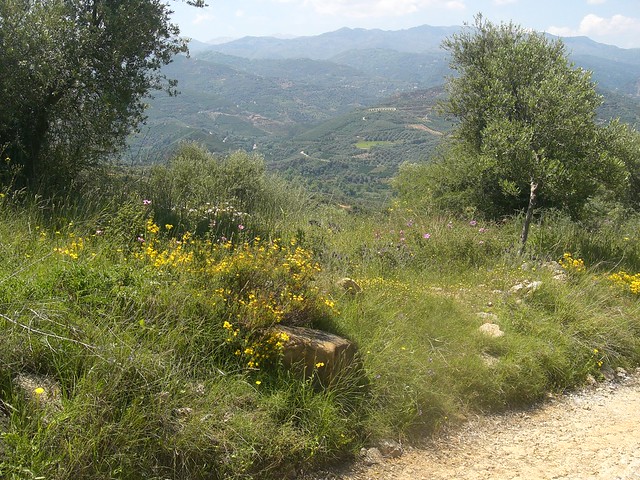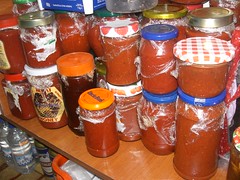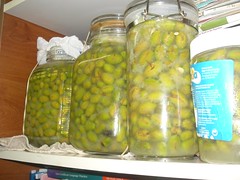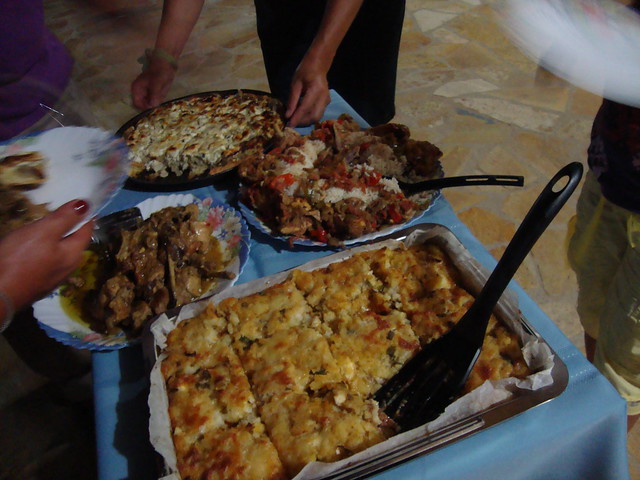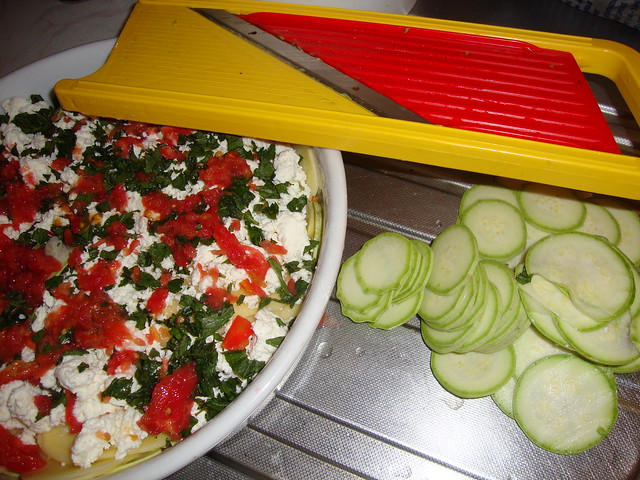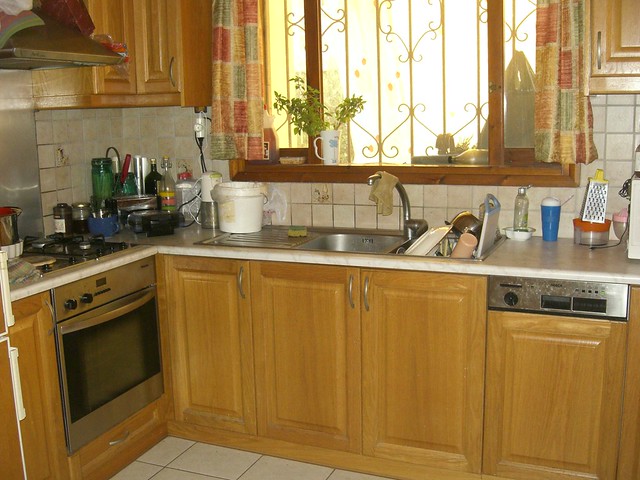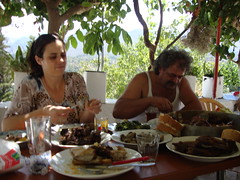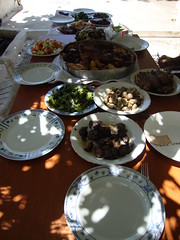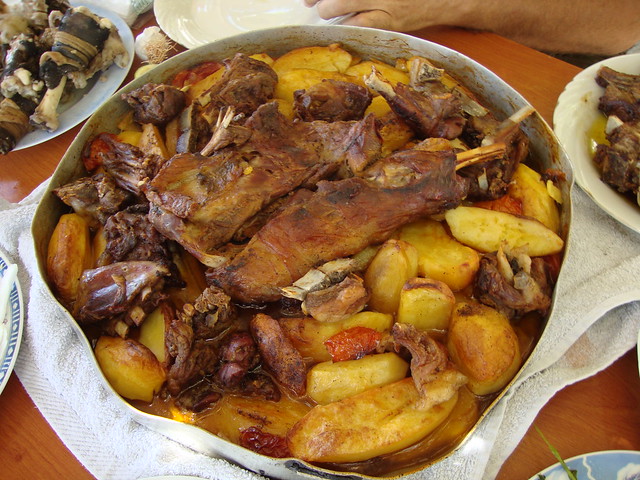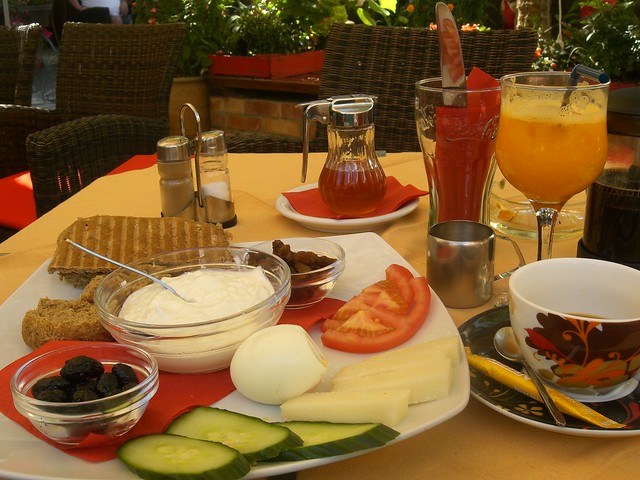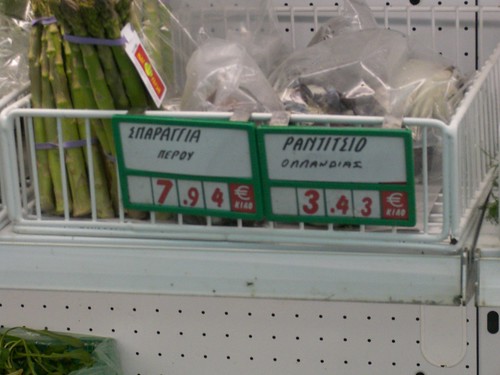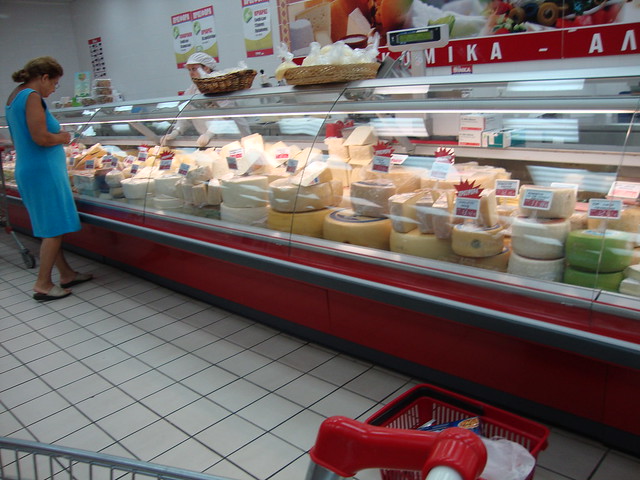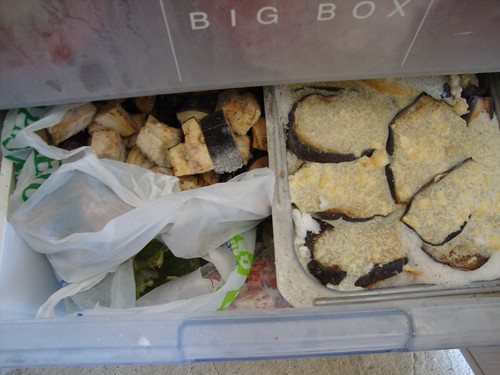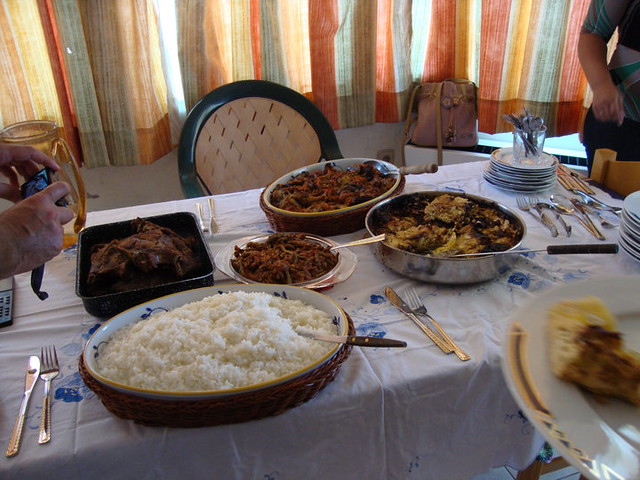I could be sleeping at this hour, but Persephone is still around - there's a really noisy party going on at our neighbour's house, including a live band (no crisis in that house, obviously). The musicians aren't very good (even though they think they are), which helps me to disconnect - even though I can;t sleep, I can still read and write.
Due to a busy afternoon at work ploughing through translations, I bought a sandwich for lunch so I could stay at my desk. The lady at the kiosk asked me if I had taken the sandwich from the countertop. I told her I took it from the fridge, as that's where I thought sandwiches were kept, to ensure 'freshness'.
"Oh, those were yesterday's," she told me, "the fresh ones are here on the counter." So I took a fresh one out of politeness, because I almost felt obliged to; if you were given a choice between fresh and not-so-fresh, you'd have done the same, I suppose. Except perhaps if there was a difference in price. I was too embarrassed to ask; I just paid the 1.60 euro for the sandwich (and 1.50 euro for the freddo coffee, because a Greek crusty baguette-style sandwich just has to have something liquidy to make it go down), and was just about to go back to the office when the local paper's first-page headline caught my attention: "NO" to expired products, it announced.
 Last month, the government announced that it would allow the sale of heavily discounted 'recently expired' food goods in supermarkets under strict terms, but local supermarkets in Hania refuse to sell them, while a survey conducted in the town reported that people are totally against their sale for various reasons: "I won't risk it", "Why should I buy it?", "They are useless", "Those who invented this measure can eat them", "I have had all the necessary vaccinations", "They want to get rid of products they can't otherwise sell", "They want to get rid of what has been left over", "I always check expiry dates", "I'd rather pay more", "They should reduce the prices on all products."
Last month, the government announced that it would allow the sale of heavily discounted 'recently expired' food goods in supermarkets under strict terms, but local supermarkets in Hania refuse to sell them, while a survey conducted in the town reported that people are totally against their sale for various reasons: "I won't risk it", "Why should I buy it?", "They are useless", "Those who invented this measure can eat them", "I have had all the necessary vaccinations", "They want to get rid of products they can't otherwise sell", "They want to get rid of what has been left over", "I always check expiry dates", "I'd rather pay more", "They should reduce the prices on all products."
 The funny thing is that the day before, my mother-in-law had specifically asked me to buy some ληγμένο (lig-ME-no, meaning 'expired') rice and pasta so she could boil them together with some bones which she had put aside for our pets. We usually give them the leftovers from our own meals - both our dog and cats eat vegetarian food, preferring it to the petfood we buy for those just-in-case times when we run out of 'real' food (of course, they are also very partial to meat when they can get it).
The funny thing is that the day before, my mother-in-law had specifically asked me to buy some ληγμένο (lig-ME-no, meaning 'expired') rice and pasta so she could boil them together with some bones which she had put aside for our pets. We usually give them the leftovers from our own meals - both our dog and cats eat vegetarian food, preferring it to the petfood we buy for those just-in-case times when we run out of 'real' food (of course, they are also very partial to meat when they can get it).
Even without reading yesterday's local paper, I knew that ligmena would not be available in our supermarkets. It's a very provocative measure for a start. Imagine a special area designated in the supermarket for 'off' food. Would you want to be seen there while next to you, people are looking at the not-off fodd? Not that it hasn't been done by supermarkets before: products that are about to expire are often marked down with a heavy discount. But they don't get placed in specially designatied areas! I've bought them myself - they are usually products I would not normally buy which I would have liked to try but the regular price was stopping me (eg specialty sausages made by regional food cooperatives). I've also bought flour that's about to expire - of course, I used it past its expiry date because I bought all the packets on the shelf and wouldn't have used it all up by the end of the expiry date, but there was never anything really wrong with it in the first place, and it never felt 'off' when I used it. In fact, if you are baking with expired flour, anything that might possibly have been regarded as a spoiling factor in food would have been killed off given the high heat it was cooked in.
So the real reason for the local supermarkets' decision not to sell expired food is that this is real sign of poverty for the consumer on the one hand, and a desperate measure to make a small profit for the supermarket by using the poor on the other. If you're shopping at a supermarket in the outer suburbs of a Mediterranean summer tourist resort town, it's doubtful that you will be in a position to need to make such choices. There are very money-poor people around - I know some myself - but when it comes to food choices, they are still able to eat better food than expired food. Not that expired food products should be treated with disdain - they are simply not preferred. Beingso poor that you need to buy this kind of food is just too embarassing.
Even though I knew that there would be no expired products to buy on the cheap, I still had to buy some rice and pasta for my mother-in-law; I also knew that she would question my chocie if the packet looked like 'regular' rice/pasta ("Why didn't you buy the ligmena, Maria? It's just for the animals") so I decided to cheat a little. I bought the cheapest rice and pasta in the store, stuff that is packaged as a private label, and is often an imported product. I bought her some rice and pasta that I would never buy to cook our meals with because I've tried them before, and I know for a fact that they did not cook in the same way that I expected them to cook. They had turned sludgy, ruining the texture of my meals. Hence, I had deemed them inappropriate. Food goods don't have to be expired to be bad, nor do they need to be cheap. But cheap food need not be low quality either.
Most people either do not realise or have conveniently forgotten that once upon a time, in Crete's and the world's (relatively) recent past, there were no expiry dates on food products. People used their intuition to work out if food was good or bad. With fresh fruit and vegetables, meat and fish, your eyes and nose told you immediately if it was still good to eat; those which do not look appetising are still made use of in different ways (eg jams for fruit, and soup stock for vegetables). Dry foods sometimes got bug-ridden, but most housewives knew how to sift the bad stuff out of the good. Frozen foods were often forgotten in some dark corner of the open-top freezers, but they were eventually used anyway - what could possibly have gone wrong with them in their icy stiff state? Tinned foods hardly ever go off - and highly processed foods are so full of preservatives that it's hard for them to go off.
The reason why we have expiry dates is, of course, to protect us. Unscrupulous food traders may have had some products lying around their storage spaces for a long time, waiting to be be sold. Without expiry dates, we would be sold stale food products when there is plenty of fresher food readily available. But this is also what has led urban people to rely on expiry dates when deciding what food is good and what food is bad. And we all know how wasteful people can be when it comes to making such choices. So much food is thrown away because people rely on expiry dates rather than on true evidence that a food product has gone off.
I personally would buy certain types of ligmena, as long as they were super cheap. I don't have expiry dates on my garden-grown products (I know when they have gone off due to their appearance/smell), or my home-made jams and tomato sauces, or the meat that I freeze when I buy it directly from a farmer, and I always bulk-buy flour, sugar, pasta, rice and beans, and I always use them up without checking the date. When cheese goes mouldy, I always scrape off the mouldy bits - it doesn't just get hiffed. Expiry dates have their purpose, but most people have actually forgotten what their purpose was. So has the food industry when they print different sell-by, use-by and expires-by dates on a product. It confuses the customer, and it makes them rely on expiry dates to deem if something is suitable for consumption - it is so much easier to simply chuck something out and buy some more to replace it...
My initial reaction to the local people surveyed in Hania that were included in the newspaper report was that they were not actually poor, nor were they not educated enough to know that ligmena need not necessarily be bad food; they were often citing politically motivated reasons for being against the sale of expired food products. If we were very worried about money, we would be looking for these bargains; then again, why don't the supermarkets just give all their ready-to-expire products to the charities providing food for needy people? I'm sure they would appreciate them.
 Yesterday's issue of the local newspaper also contained this month's brochure for the specials at the local supermarket. A lot of the food offers was of the highly processed packaged kind: biscuits, pizzas, salami, ready pies, chocolate powder, coffee, etc. Now that is the kind of food that I would have no worries about buying on special discount as expired products. Such food items are full of preservatives, they are generally overpriced to begin with and they are items I never buy. If I could buy an expired medium-sized pizza, for instance, at 1 euro, I would do it. Seriously, food full of preservatives never really goes off...
Yesterday's issue of the local newspaper also contained this month's brochure for the specials at the local supermarket. A lot of the food offers was of the highly processed packaged kind: biscuits, pizzas, salami, ready pies, chocolate powder, coffee, etc. Now that is the kind of food that I would have no worries about buying on special discount as expired products. Such food items are full of preservatives, they are generally overpriced to begin with and they are items I never buy. If I could buy an expired medium-sized pizza, for instance, at 1 euro, I would do it. Seriously, food full of preservatives never really goes off...
©All Rights Reserved/Organically cooked. No part of this blog may be reproduced and/or copied by any means without prior consent from Maria Verivaki.
Due to a busy afternoon at work ploughing through translations, I bought a sandwich for lunch so I could stay at my desk. The lady at the kiosk asked me if I had taken the sandwich from the countertop. I told her I took it from the fridge, as that's where I thought sandwiches were kept, to ensure 'freshness'.
"Oh, those were yesterday's," she told me, "the fresh ones are here on the counter." So I took a fresh one out of politeness, because I almost felt obliged to; if you were given a choice between fresh and not-so-fresh, you'd have done the same, I suppose. Except perhaps if there was a difference in price. I was too embarrassed to ask; I just paid the 1.60 euro for the sandwich (and 1.50 euro for the freddo coffee, because a Greek crusty baguette-style sandwich just has to have something liquidy to make it go down), and was just about to go back to the office when the local paper's first-page headline caught my attention: "NO" to expired products, it announced.


Even without reading yesterday's local paper, I knew that ligmena would not be available in our supermarkets. It's a very provocative measure for a start. Imagine a special area designated in the supermarket for 'off' food. Would you want to be seen there while next to you, people are looking at the not-off fodd? Not that it hasn't been done by supermarkets before: products that are about to expire are often marked down with a heavy discount. But they don't get placed in specially designatied areas! I've bought them myself - they are usually products I would not normally buy which I would have liked to try but the regular price was stopping me (eg specialty sausages made by regional food cooperatives). I've also bought flour that's about to expire - of course, I used it past its expiry date because I bought all the packets on the shelf and wouldn't have used it all up by the end of the expiry date, but there was never anything really wrong with it in the first place, and it never felt 'off' when I used it. In fact, if you are baking with expired flour, anything that might possibly have been regarded as a spoiling factor in food would have been killed off given the high heat it was cooked in.
So the real reason for the local supermarkets' decision not to sell expired food is that this is real sign of poverty for the consumer on the one hand, and a desperate measure to make a small profit for the supermarket by using the poor on the other. If you're shopping at a supermarket in the outer suburbs of a Mediterranean summer tourist resort town, it's doubtful that you will be in a position to need to make such choices. There are very money-poor people around - I know some myself - but when it comes to food choices, they are still able to eat better food than expired food. Not that expired food products should be treated with disdain - they are simply not preferred. Beingso poor that you need to buy this kind of food is just too embarassing.
Even though I knew that there would be no expired products to buy on the cheap, I still had to buy some rice and pasta for my mother-in-law; I also knew that she would question my chocie if the packet looked like 'regular' rice/pasta ("Why didn't you buy the ligmena, Maria? It's just for the animals") so I decided to cheat a little. I bought the cheapest rice and pasta in the store, stuff that is packaged as a private label, and is often an imported product. I bought her some rice and pasta that I would never buy to cook our meals with because I've tried them before, and I know for a fact that they did not cook in the same way that I expected them to cook. They had turned sludgy, ruining the texture of my meals. Hence, I had deemed them inappropriate. Food goods don't have to be expired to be bad, nor do they need to be cheap. But cheap food need not be low quality either.
Most people either do not realise or have conveniently forgotten that once upon a time, in Crete's and the world's (relatively) recent past, there were no expiry dates on food products. People used their intuition to work out if food was good or bad. With fresh fruit and vegetables, meat and fish, your eyes and nose told you immediately if it was still good to eat; those which do not look appetising are still made use of in different ways (eg jams for fruit, and soup stock for vegetables). Dry foods sometimes got bug-ridden, but most housewives knew how to sift the bad stuff out of the good. Frozen foods were often forgotten in some dark corner of the open-top freezers, but they were eventually used anyway - what could possibly have gone wrong with them in their icy stiff state? Tinned foods hardly ever go off - and highly processed foods are so full of preservatives that it's hard for them to go off.
The reason why we have expiry dates is, of course, to protect us. Unscrupulous food traders may have had some products lying around their storage spaces for a long time, waiting to be be sold. Without expiry dates, we would be sold stale food products when there is plenty of fresher food readily available. But this is also what has led urban people to rely on expiry dates when deciding what food is good and what food is bad. And we all know how wasteful people can be when it comes to making such choices. So much food is thrown away because people rely on expiry dates rather than on true evidence that a food product has gone off.
I personally would buy certain types of ligmena, as long as they were super cheap. I don't have expiry dates on my garden-grown products (I know when they have gone off due to their appearance/smell), or my home-made jams and tomato sauces, or the meat that I freeze when I buy it directly from a farmer, and I always bulk-buy flour, sugar, pasta, rice and beans, and I always use them up without checking the date. When cheese goes mouldy, I always scrape off the mouldy bits - it doesn't just get hiffed. Expiry dates have their purpose, but most people have actually forgotten what their purpose was. So has the food industry when they print different sell-by, use-by and expires-by dates on a product. It confuses the customer, and it makes them rely on expiry dates to deem if something is suitable for consumption - it is so much easier to simply chuck something out and buy some more to replace it...
My initial reaction to the local people surveyed in Hania that were included in the newspaper report was that they were not actually poor, nor were they not educated enough to know that ligmena need not necessarily be bad food; they were often citing politically motivated reasons for being against the sale of expired food products. If we were very worried about money, we would be looking for these bargains; then again, why don't the supermarkets just give all their ready-to-expire products to the charities providing food for needy people? I'm sure they would appreciate them.

©All Rights Reserved/Organically cooked. No part of this blog may be reproduced and/or copied by any means without prior consent from Maria Verivaki.

















